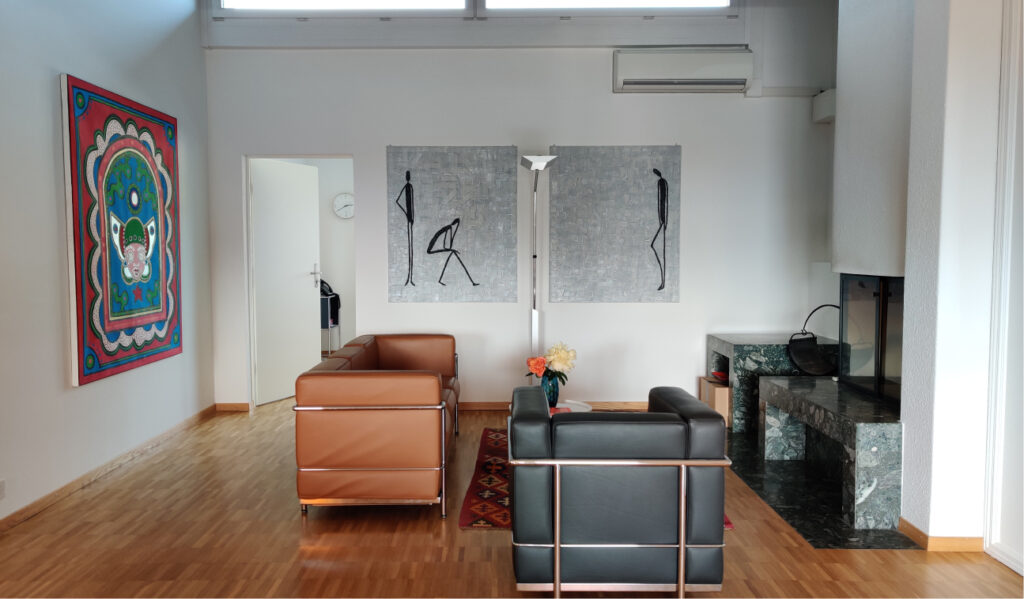According to the Federal Act on the University Medical Professions (MedBG), the practice of medicine in Switzerland requires a cantonal licence to practise (Art. 34 ff. MedBG). Federal law gives the Cantons the responsibility for issuing this licence, but only allows limited leeway for additional requirements. The Cantons may, for example, set requirements with regard to language skills or personal aptitude – but may not introduce formal criteria such as rigid age limits, unless this is covered by overriding federal law. It is precisely at this interface that the latest legal dispute in Neuchâtel is taking place.
Decree of the Department of Health and decision of the Cantonal Court of Neuchâtel
A Neuchâtel doctor, born in 1944, applied for an renewal of his licence to practise in accordance with the cantonal health law (Loi de santé (LS); RSN 800.1) which in Neuchâtel must be renewed every three years after the age of 70. The Department of Health refused the renewal based on Art. 57 LSN on the grounds that the cantonal health law generally prohibits renewals beyond the age of 80. The doctor contested this decision. However, on 24 September 2024, the Cantonal Court of Neuchâtel rejected the appeal, citing the cantonal healthcare law and the fixed age guillotine.
Federal Supreme Court (2C_486/2024, 14.04.2025): Age limit inadmissible
In the appeal lodged against this in matters of public law, the Federal Supreme Court upheld the complaint of the doctor concerned. It held that federal law in Art. 34 ff. MedBG do not recognise a maximum age limit for medical practice. The cantons only have limited room for manoeuvre for supplementary regulations. Therefore, the cantonal health law (LSN) with its fixed age guillotine violates the primacy of federal law (Art. 49 BV).
The Federal Supreme Court emphasised that personal suitability for practising the profession may very well be assessed – for example with regard to health or cognitive abilities. However, an automatic refusal of authorisation based solely on the date of birth is inadmissible. The decision obliges the cantonal authorities to carry out aptitude tests based on individual cases in future – for example by means of medical certificates or evaluations – instead of applying schematic age limits.
Frequently asked questions about the authorisation requirement for doctors and the age guillotine
How are professional practising licences for doctors regulated?
Doctors require a cantonal licence to practise under the Federal Act on the University Medical Professions (MedBG) (Art. 34 ff. MedBG). Federal law gives the cantons the responsibility for issuing this licence, which is often regulated in the cantonal health laws, e.g. in Neuchâtel in the Loi de santé (LS; RSN 800.1) or in Lucerne in the Health Act(GesG; SRL 800). However, the MedBG only allows limited room for manoeuvre for additional requirements.
May a canton set an age limit for doctors?
No. The Federal Supreme Court has made it clear that cantonal age limits (such as a rigid limit of 80 years) are not compatible with the MedBG and violate the primacy of federal law.
Can an authorisation still be limited in time or not extended?
Yes, but only after an individual assessment of personal suitability. The decisive factor is not age, but whether the person concerned is still capable of practising the profession for health or professional reasons.
What does the ruling mean for cantonal health departments?
Cantonal supervisory bodies for doctors are required to review their practice. According to the Federal Supreme Court, it is still permissible, for example, to issue temporary licences in order to be able to regularly check whether the requirements for granting the licences are still met. In this case, the doctor concerned is entitled to have the licence renewed if he or she fulfils the requirements for practising the profession. Cantons may also request an assessment of the person concerned to examine this question.
What consequences does this have for doctors in later life?
In principle, they can continue their work if they are in good health. Authorisation can only be refused if an individual assessment (e.g. medical report) shows concrete doubts about suitability.



